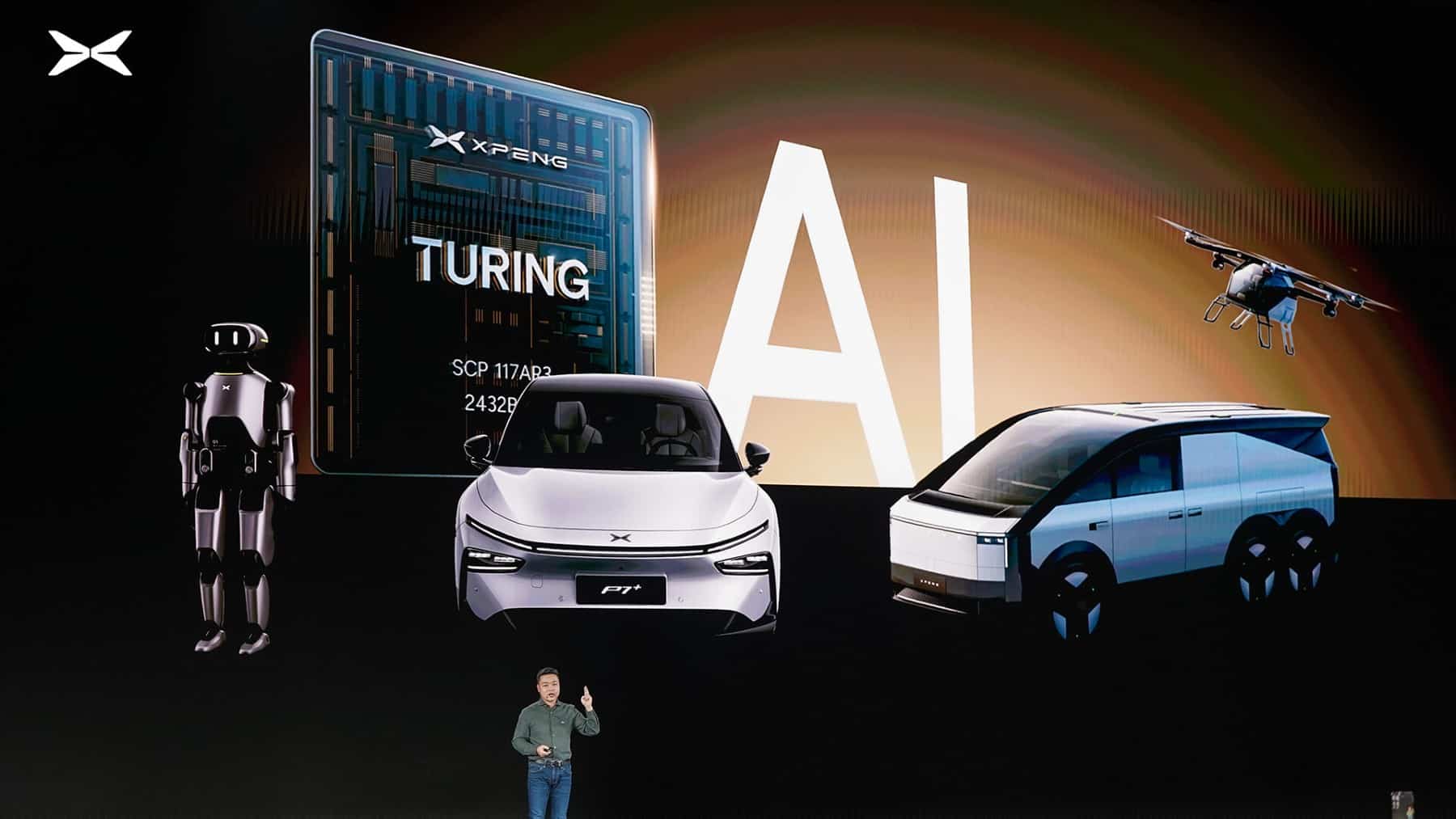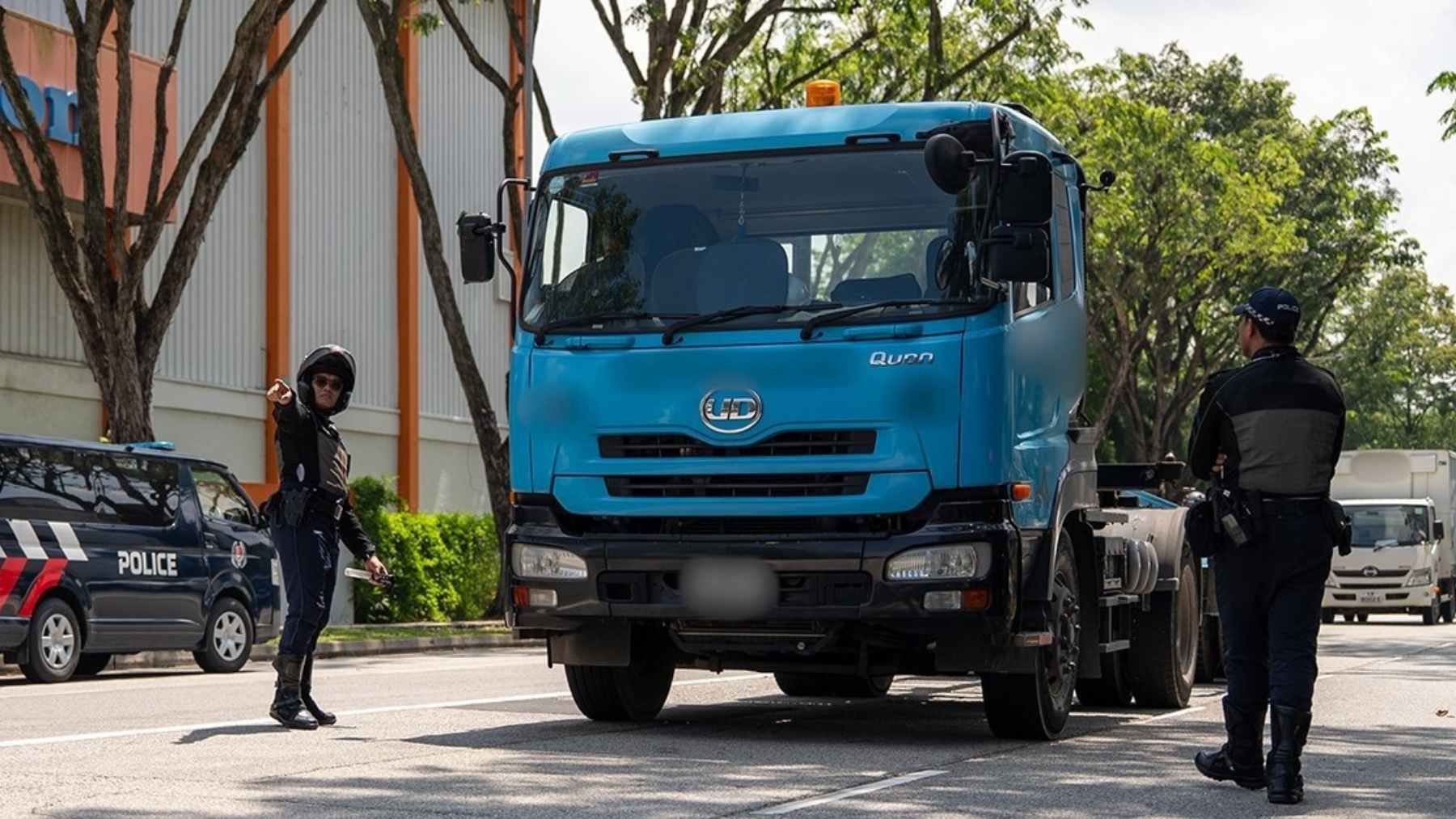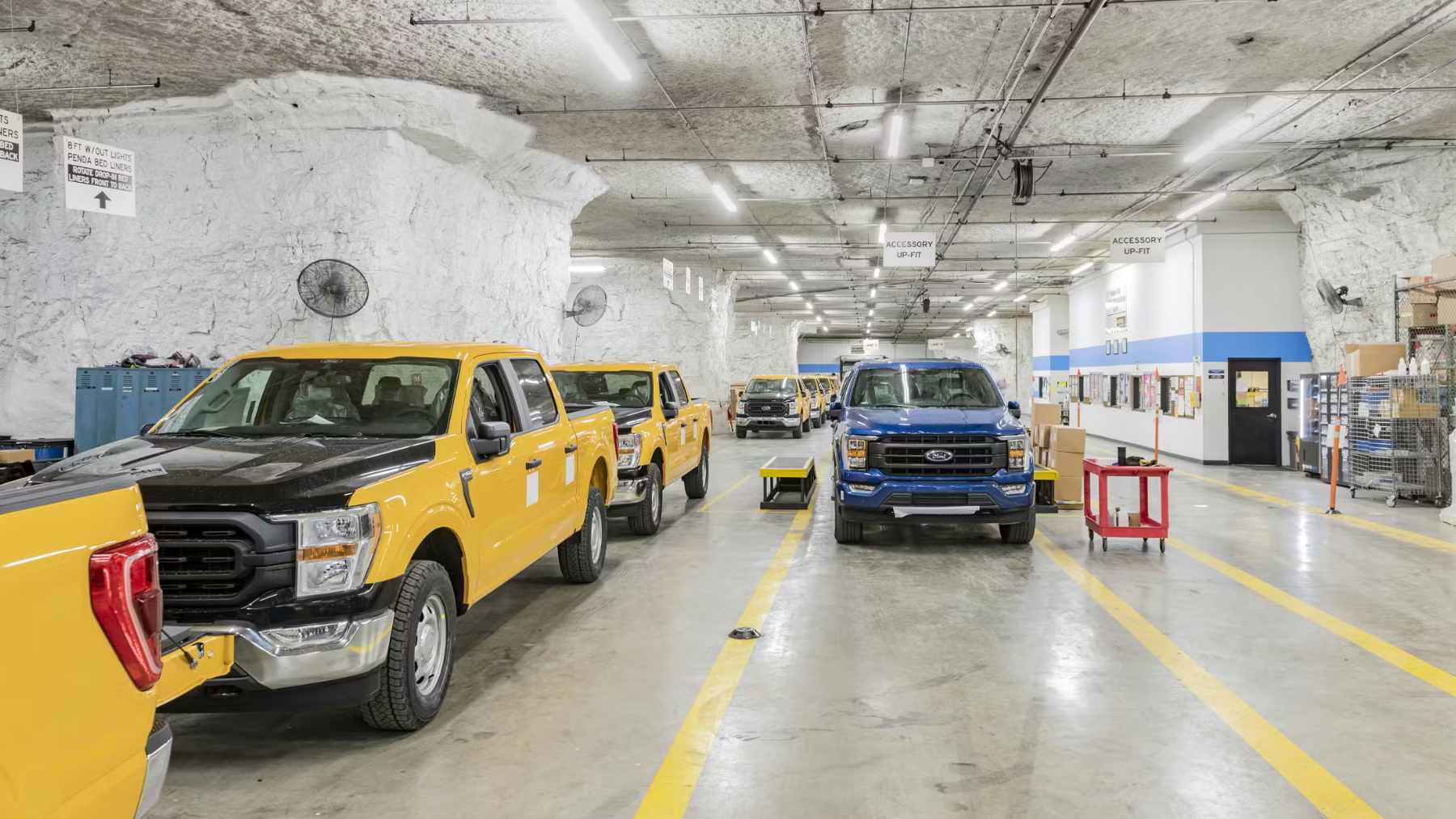New AI-driving assistance is the future of passenger vehicles. In a rapidly advancing technological world, changes to automotive technology are fast upon us. While many of these advancements in engine technology are related to the advancement of alternative engine technology for the sake of a sustainable future and helping companies reach carbon neutrality goals, other companies are choosing to focus on futuristic technology which is set to revolutionise how we drive on the roads.
Continued advancement from automobile developers
For the past decade, advancing automobile technology has been focused on creating alternative engine solutions in order for automobile developers to highlight a commitment to sustainability and carbon neutrality in the wake of pressing concerns over irreparable climate change damage. Much of these efforts have centered on the development of the electric vehicle, which has long taken center stage in alternative engine developments.
However, other alternative engine developments have continued to ride, including the development of hydrogen fuel-cell technology. This engine technology has been particularly advanced by Asian automobile developers, such as Toyota and Hyundai, who are now continuing the advancement of this technology by teaming up with competitors to make the hydrogen fuel-cell engine more prevalent on the roads globally.
A new generation of automobiles from China
While companies continue to advance renewable energy technology, some are looking towards the future and starting to develop projects that are anticipated to be the next focus of the automobile world. Today, nearly all automobile companies offer some form of an alternative engine model in their lineup, and while they continue to work with stakeholders to advance this technology, the focus is starting to shift towards the possibility of this never-before-seen technology.
Automated driving technology is increasingly being explored by automobile developers around the world, including American electric vehicle developer Tesla. The company catapulted to success thanks to their advanced battery-engine technology, but they are now realigning their focus towards developing their autonomous vehicle technology. Currently, Tesla offers Autopilot and Full Self-Driving (Supervised), however, these autonomous technologies still require a present driver.
Now, the company is currently underway with piloting their first fully autonomous driving program in Austin, Texas; however, they are not without competition. Chinese automobile developer Xpeng earlier this year unveiled two new electric vehicles to the UK market, with AI technological assistance being a prominent feature of the vehicles.
Is AI-driving the future of automobiles?
The new vehicles on the market from Xpeng, the Xpeng G6 and Xpeng X9, both feature AI-activated voicing, with the Xpeng G6 being compared to the popular Tesla Model Y.
“We are excited to bring a new era of smarter, more sustainable mobility to the UK market and globally. With XPENG’s cutting-edge proprietary technology – ranging from futuristic design and impressive range to ultra-fast charging – we are confident that our vehicles will resonate with UK consumers, offering exceptional quality, innovation, and an outstanding driving experience,” said Xpeng Vice Chairman and President Dr Brian Gu.
‘AI-driving’ is set to become the reality for the passenger vehicle world. While Chinese competitors such as BYD and Xpeng are currently competing with semi-autonomous driving technology, with companies like Tesla with current vehicles on the road, the race is on to develop the first fully autonomous vehicle.
Tesla is joined by companies such as Alphabet and Amazon in Austin, with the pilot of the first fleet of fully autonomous vehicles. However, states are now having to implement new legislative changes regarding this technology as it moves from being a concept to an actual reality on the road. This new legislation aims to answer critical ethical questions regarding who is held responsible if a crash occurs with one of these vehicles and how they are set to respond to emergency responders.















